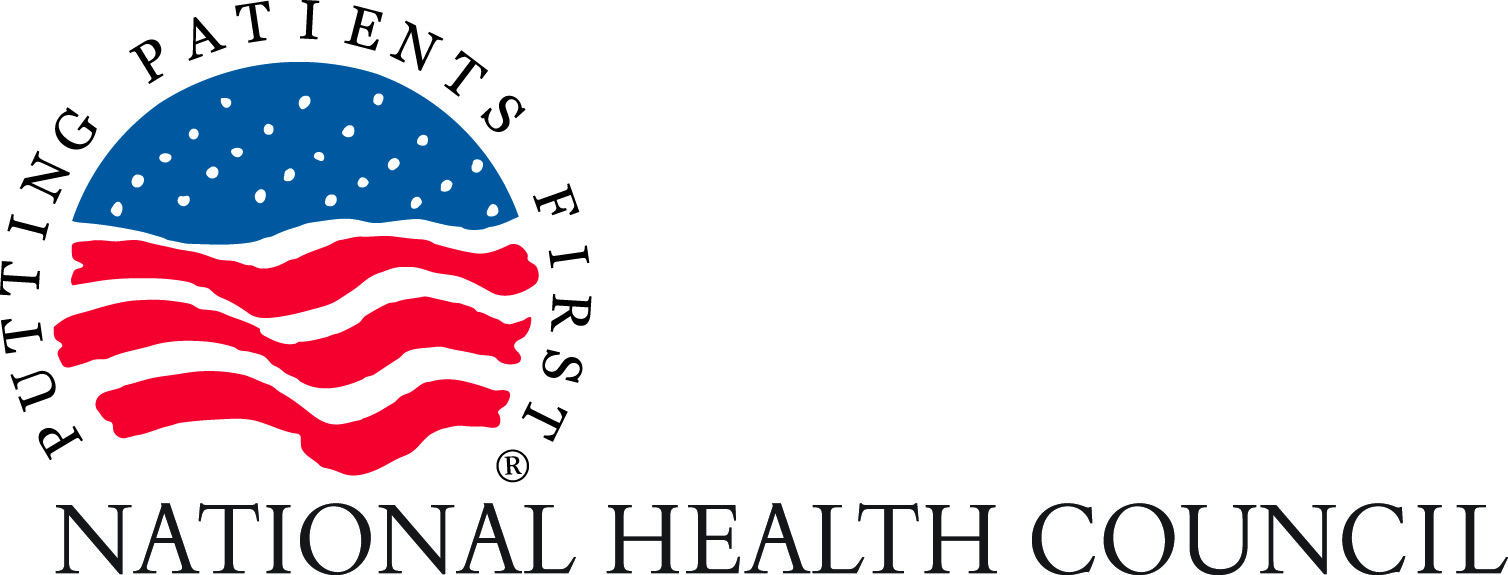A Blueprint for Effective Health Outreach to Vulnerable Communities: Meeting Patients Where They Are
01/07/2021
Guest Contributor: Bansri Desai, PharmD, PhD Candidate in Pharmaceutical Health Services Research, University of Maryland School of Pharmacy
In a session entitled, “A Blueprint for Effective Health Outreach to Vulnerable Communities: Meeting Patients Where They Are,” Dr. Melissa Clarke, Physician Consultant for Healthcare Transformation at 3M Health Information Systems, discussed challenges faced by vulnerable communities and early results of a novel interdisciplinary, community–outreach program in Washington, DC, during her presentation at the National Health Council’s (NHC’s) annual Science of Patient Engagement Symposium.
Vulnerable communities are particularly affected by the COVID-19 pandemic. Dr. Clarke explained how social isolation and economic stressors have impacted communities with fewer resources and unmet needs, resulting in poorer health outcomes. African American and other communities of color face multiple barriers to health equity rooted in structural racism that persist to this day. These barriers include social determinants of health: social and economic barriers (e.g., neighborhoods that are food deserts or have poor air quality); health care disparities (e.g., lack of access to primary care or health insurance); disempowerment (e.g., patriarchal attitudes towards patients); and mistrust (e.g., history of forced sterilization, non-consent such as the story of Henrietta Lacks, and the Tuskegee Syphilis Study).
Dr. Clarke noted that health care providers are not able to sustainably address non-health care–related social determinants of health. Rather, there is need for a trusted intermediary with established connections within communities to help bridge disparities. The broad impact of COVID-19, including exacerbation of existing isolation, poor economic health, and social inequities among vulnerable communities also facing worse health outcomes, has emphasized the need for a new approach to effective health-related outreach.
Virtual Health Ministry (VHM) is a health outreach program developed under the aegis of the Leadership Council for Health Communities (LCHC). LCHC is a DC-based alliance of medical and public–health professionals and community and faith–institution leaders founded over 10 years ago with the goal of eliminating health disparities and promoting healthy communities. Dr. Clarke described the VHM framework in which faith institutions are the hub through which health outreach is conducted. Faith institutions are trusted within their communities and can leverage an existing community network to connect with residents. They also serve as physical–distribution points for information, goods, and services, such as masks and COVID-19 testing.
In VHM, participant faith institutions hire and train Health Coordinators from within their congregations who then conduct outreach, culturally engage with residents, assess resident/family needs, collect relevant data, and connect residents to appropriate medical and social services using a call center platform. Academic partners then provide the medical and social work expertise. For example, an individual who has been identified by their health coordinator as needing a social service will be provided with a warm transfer to a navigator with the academic partner’s school of social work who will help meet the individual’s needs.
Outreach beyond participant faith institutions and into the broader community occurs organically as congregants bring in family members, friends, and neighbors outside the organizations to receive services. The congregants serving as Health Coordinators can engage with residents as peers and lived experience in the community may allow for keener insight into residents’ needs resulting in more effective outreach and better outcomes.
In addition to one-on-one dialog, the VHM model aims to provide public health messaging to the community at large. This is especially crucial at present as considerable misinformation about COVID-19 and vaccines have been targeted toward these communities. Community public health messaging takes place through several channels including emails, flyers, social media platforms, pastoral communications, text messages, phone trees, and in-person outreach events.
Since its inception in May 2020, VHM has made significant progress. Dr. Clarke shared highlights of the program as of September 2020, including the establishment of a testing center, outreach to over 5,900 residents, and over 1,000 referrals to medical and social services. The program has also disseminated over 36,000 COVID-19 related education and public health messages across communication platforms. She believes this transformative, faith-based model has the potential to be scaled and implemented in many other communities and cities to tackle health disparities in vulnerable communities. “This program really provides the outreach, education, screening, social support, and linkages that are so sorely needed.”
Read the full event summary, here.

